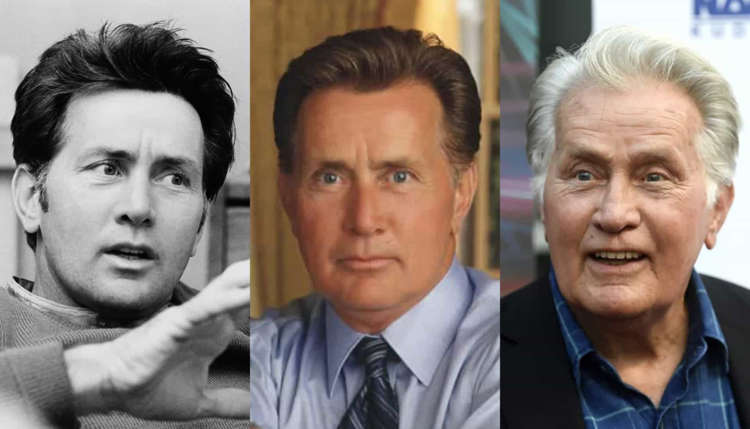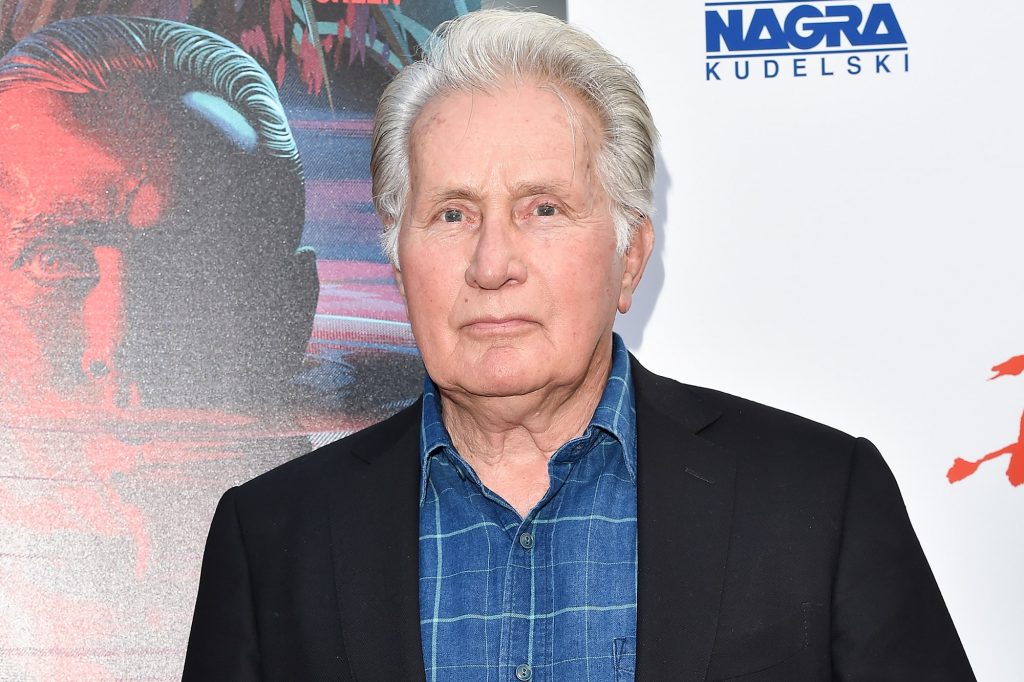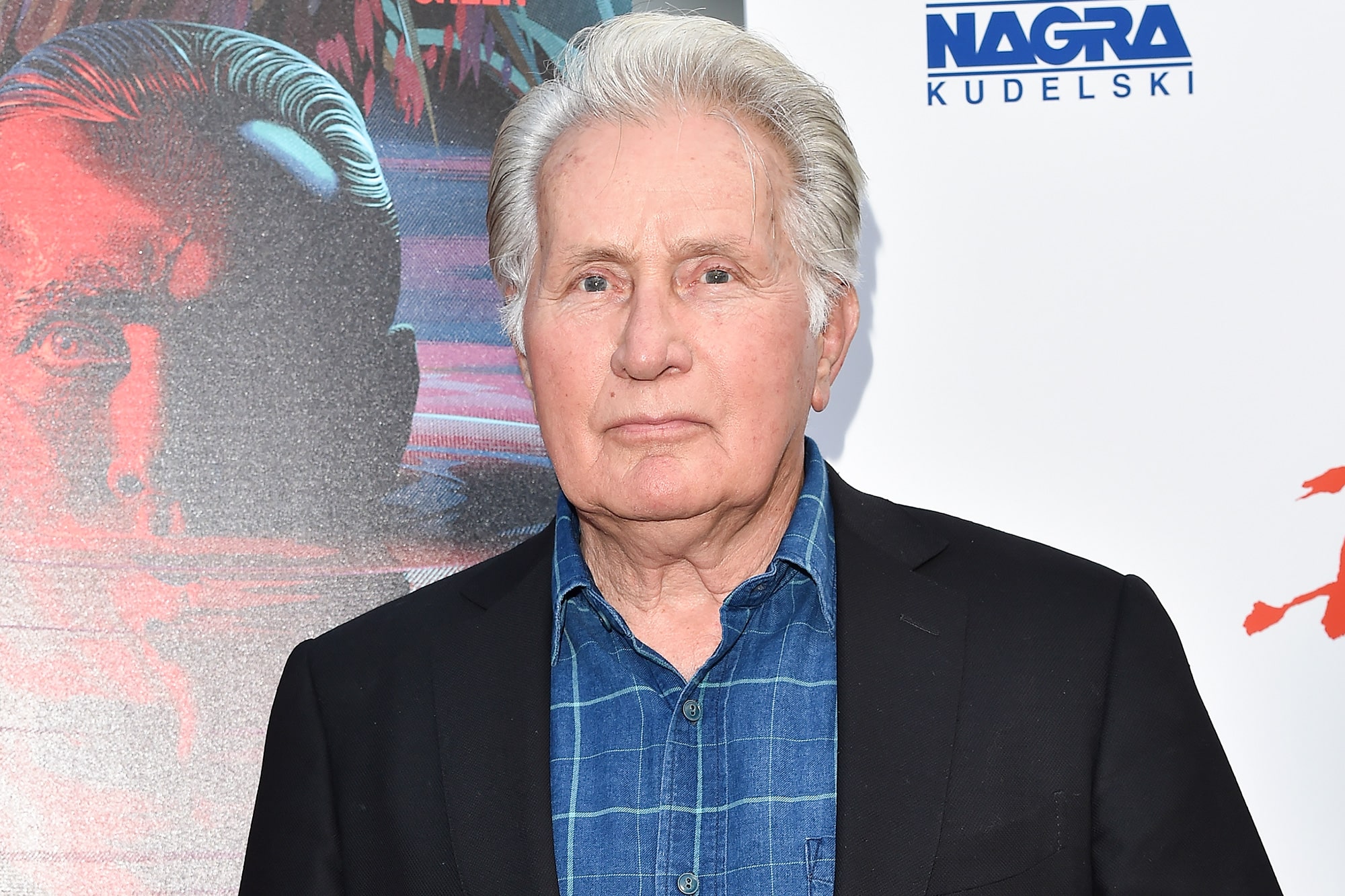Martin Sheen featured alongside Marlon Brando, Robert Duvall, and Frederic Forrest in the classic 1979 psychological war thriller Apocalypse Now.
Based on Joseph Conrad’s short story Heart of Darkness, the film follows Captain Benjamin L. Willard (played by Sheen) as he travels through South Vietnam and Cambodia during the height of the Vietnam War. Unfortunately, Martin experienced a major heart attack on set, which nearly killed him.
Despite being in his mid-30s, an isolated doctor could only keep him stable until he could be relocated out of the area for medical assistance. This incident also caused director Francis Ford Coppola to have an epileptic fit because he blamed himself for the catastrophe.

A heart attack is a potentially fatal condition that occurs when an unexpected lack of oxygenated blood reaches the heart muscle. According to the National Health Service (NHS), if not treated immediately by medical personnel, this occurrence might result in death or long-term injury.
Martin was fortunate that assistance was close enough to keep him alive until he could obtain competent care at a hospital. Thankfully, Martin has healed and earned success in programs such as The West Wing and Grace and Frankie after many years of dealing with this health issue.
Coronary heart disease (CHD) is an illness that affects the major blood channels that supply the heart, causing the arteries to become partially or clogged with cholesterol deposits.

This is a leading cause of heart attacks in the UK, as one of these plaques may rupture before an occurrence, causing a clot that can obstruct the blood supply to the organ. Hypoxia, substance abuse, and spontaneous coronary artery dissection are some less prevalent reasons (SCAD).
The symptoms of a heart attack vary from person to person, but some common signs recognized by the British Heart Foundation (BHF) include persistent chest pain or discomfort, pain that spreads to other areas of the body such as the jaw, stomach, or either arm; and feeling faint, queasy, or having difficulty breathing.

If you encounter any of these symptoms, you must phone 911 for immediate medical assistance. Before aid arrives, the NHS recommends taking one aspirin tablet to thin the blood and improve circulation.
The severity of the incident will determine treatment for a heart attack after admission to the hospital. The two primary therapies generally aim to prevent additional damage to the heart muscle and lifestyle modifications such as good eating and increased physical activity.
Emilio Estevez, Sheen’s son, openly stated on Facebook that his elderly father had to undergo a significant surgical treatment – quadruple bypass surgery – as a preventive precaution rather than an emergency.
Sheen faced this struggle with incredible courage, fortitude, and humility, with the help of his wife Janet and the rest of the family, as well as brilliant medical experts such as cardiologists, doctors, and nurses.
Sheen is doing incredibly well after leaving the ICU and is anticipated to recuperate in time for Season 3 of Grace and Frankie on Netflix early next year. Coronary bypass surgery is intended to alleviate chest pain caused by coronary heart disease (CHD).
During the treatment, doctors will use blood arteries taken from your leg, arm, or chest to establish a new pathway around a CHD-affected artery. This surgery improves patients’ quality of life by alleviating angina symptoms, among other benefits.
A typical hospital stay after a coronary artery bypass transplant lasts 6-8 days, though this varies according to the individual’s symptoms. Many patients can walk again within three days, but it may take up to five or six days before they can adequately ascend or descend stairs.
Although most issues connected with this type of surgery are minor and controllable, more severe side effects such as a stroke or heart attack can occur. It is vital to remember that even after successful bypass surgery, persons suffering from CHD must adjust their lifestyle habits, including eating healthier foods and exercising regularly, to preserve healthy arteries in the long run.




